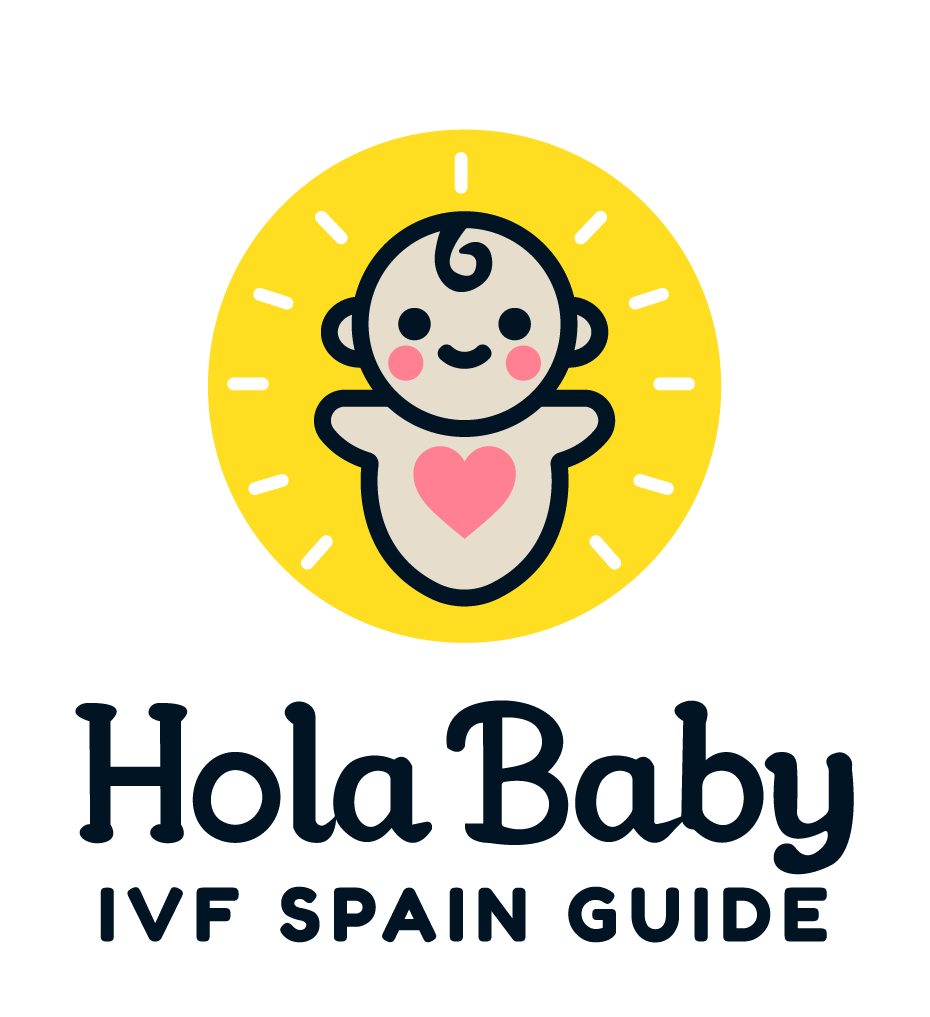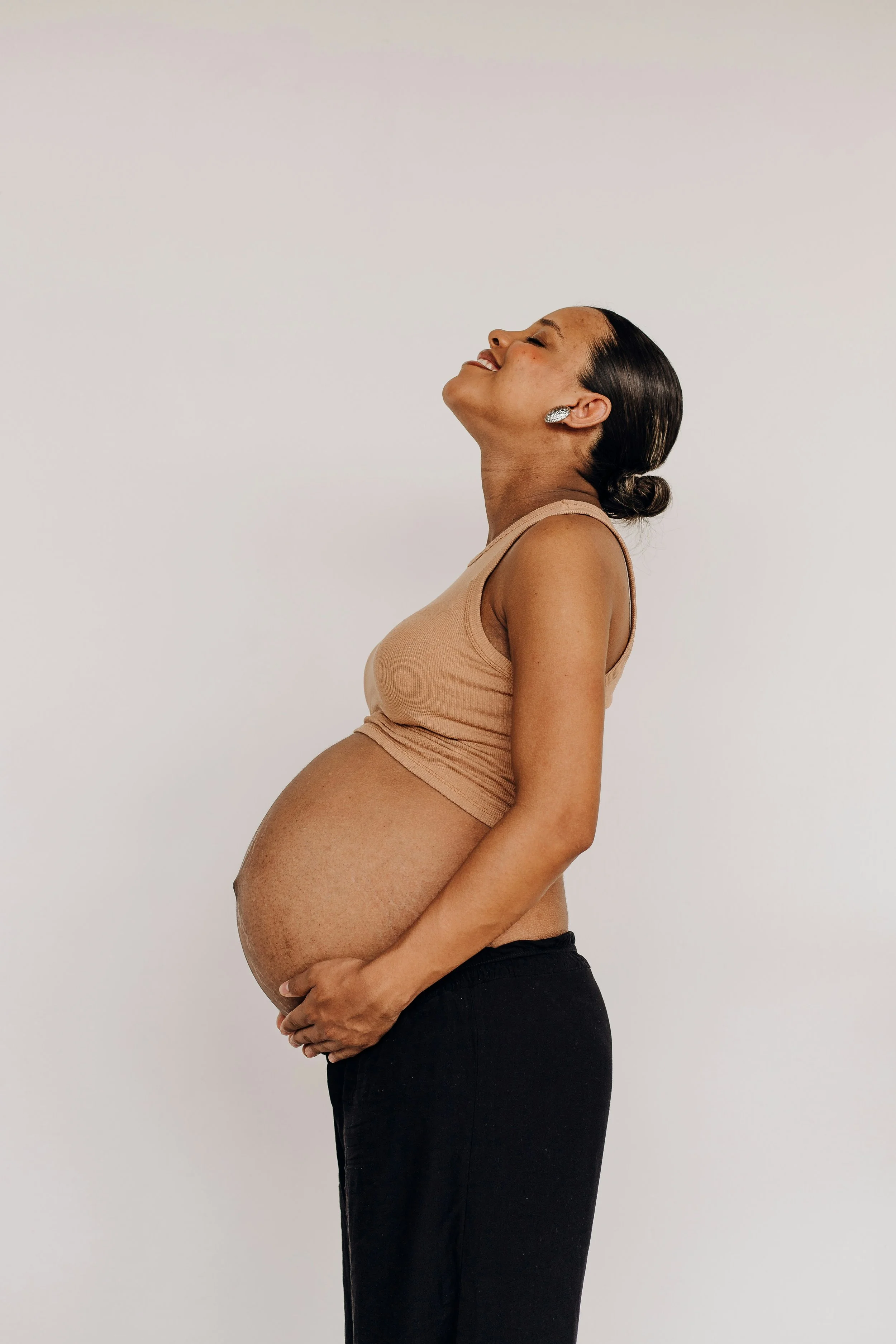I’m single and want to become a mother. What are my options?
Deciding to become a mother on your own is an empowering and life-changing decision. This guide outlines your medical options to ensure a safe and serene journey to solo motherhood.
Insemination with donor sperm
Artificial insemination (AI), also referred to as Intrauterine Insemination (IUI), is the simplest and most cost-effective treatment.
How it works: Artificial insemination involves inserting donor sperm into the uterus during ovulation. This is a simple and painless procedure in which a sperm sample is deposited through a tiny, flexible tube called a catheter. Depending on the age of the patient, a light dose of medication might be needed to increase your chances of success.
Who it's for: This treatment benefits single women with no fertility concerns and good overall health. It is generally recommended for women under 40 years of age.
Advantages: While the success rate per cycle is lower than IVF, multiple attempts can increase the probability of becoming pregnant. Inseminations are much less expensive than IVF, costing between €800 and €1 600 every cycle. Many clinics offer special price packages for three inseminations.
It can be used as a first-line treatment before pursuing more complex procedures. Inseminations are non-invasive, requiring no surgery or sedation. If medication is required, it has a much lower dosage than IVF, so it is physically less taxing.
Insemination with donor sperm
Artificial insemination (AI), also referred to as Intrauterine Insemination (IUI), is the simplest and most cost-effective treatment.
How it works: Artificial insemination involves inserting donor sperm into the uterus during ovulation. This is a simple and painless procedure in which a sperm sample is deposited through a tiny, flexible tube called a catheter. Depending on the age of the patient, a light dose of medication might be needed to increase your chances of success.
Who it's for: This treatment benefits single women with no fertility concerns and good overall health. It is generally recommended for women under 40 years of age.
Advantages: While the success rate per cycle is lower than IVF, multiple attempts can increase the probability of becoming pregnant. Inseminations are much less expensive than IVF, costing between €800 and €1 600 every cycle. Many clinics offer special price packages for three inseminations.
It can be used as a first-line treatment before pursuing more complex procedures. Inseminations are non-invasive, requiring no surgery or sedation. If medication is required, it has a much lower dosage than IVF, so it is physically less taxing.
In vitro fertilisation (IVF) with donor sperm
IVF using donor sperm is a more complicated option as eggs are extracted and fertilised outside the body. However, it is a popular choice for single women with higher success rates than inseminations.
How it works: The procedure begins with ovarian stimulation. By injecting yourself with medication your egg supply is increased. These eggs are subsequently extracted in a simple surgical procedure. In a laboratory, the eggs are fertilized with donor sperm, and after a few days of development, one or more embryos are deposited into the uterus.
Who it’s for: IVF is generally recommended to women who have had previous failed attempts at insemination. Success rates are highest for young women (up to 35 years of age). It is generally not recommended for women over 42 years.
Advantages: IVF has a high success rate, especially for healthy individuals. Although the average cost per cycle is between €5 000 and €7 000, many clinics offer financing or treatment packages.
Egg freezing for future use
Egg freezing is a practical choice for young women who wish to postpone motherhood.
How It Works: This method involves stimulating the ovaries to increase the egg supply. The eggs are then extracted with a simple, surgical procedure and frozen for future use. Later on, when you decide you are ready to start a family, these eggs can be thawed, fertilized in the laboratory and placed in your uterus.
Who it’s for: Young women who do not want to become a mother yet. It is recommended to freeze your eggs before the age of 37 because egg quality declines with age. After the age of 40, it is no longer a viable option.
Advantages: Freezing eggs increases your chances of success later on. For example, it is better to use eggs which were frozen when you were 35, than attempt an IVF at 40. This treatment can give you greater freedom to decide when you want to become a parent.
In Vitro Fertilisation (IVF) with donor eggs
IVF with donor eggs is frequently the first option for more mature patients. As we age, so do our eggs resulting in decreased egg quality and lowering the chances for a healthy embryo. Using donor eggs, which have been thoroughly checked for genetic and health factors, can dramatically increase the likelihood of a safe pregnancy.
How it works: In this procedure, eggs from a young, healthy donor are fertilized in a laboratory using donor sperm. The resultant embryos are then placed in the patient’s uterus. This procedure which is called a “transfer” is simple and painless, much like a pap smear.
Who it’s for: Patients over the age of 40 have a significantly better chance of success using donated eggs. However, it is possible to conceive this way until the age of 52 (the age limit for most clinics). While menopause stops the production of eggs, you can still get pregnant with donor eggs. This treatment is also ideal for patients who have had previous failed attempts at IVF with their own eggs.
Advantages: IVF with donor eggs has a high success rate because the eggs used are of excellent quality. Many women in their forties have had successful pregnancies with this procedure.
Selecting this treatment is a very personal decision and many patients benefit from emotional and psychological support. Our recommended list of clinics offer in-house counseling at every stage of your treatment.
Cost considerations: This treatment is much more expensive than other treatments (8 000€ - 10 000€). The reason for this is that the donor is compensated for her time and her medication is expensive (approximately 2 000€). However, clinics in Spain provide transparent pricing and financing options, allowing you to plan your treatment within your budget.
Embryo Donation
Embryo donation is becoming an increasingly popular option. This is made possible thanks to women or couples donating their embryos altruistically.
How it works: Embryo donation involves transferring embryos which have been donated by another woman or couple. In some cases it is recommended that the patient undergo a special treatment to ensure that the endometrium is in optimal condition to receive the embryo.
Who it’s for: This treatment is generally recommended for patients over the age of 40 who do not have a male partner or who have a male partner with fertility issues. It could be a feasible option for women who can not afford IVF with donor eggs.
Advantages: Embryo donation is much more cost-effective than IVF using donor eggs. Egg donation typically costs between 2 000€ and 4 000€ while creating embryos with donor eggs costs upwards of 8 000€. Furthermore, it offers the possibility to adopt an embryo that might otherwise go unused.
If you plan to have numerous children and would like them to be genetically related, many clinics offer the possibility to reserve embryos from the same couple for future use.
Donor Selection
Choosing the correct donor is a crucial part of the medical process. In Spain, sperm and egg donors are rigorously screened to meet medical, genetic and psychological requirements. Clinics have detailed information about each donor including medical history, genetics and physical traits. Donors are selected to match your physical characteristics (eye colour, skin tone, hair colour and texture, etc.).
Finding a Clinic
It is critical to choose a trustworthy clinic that has experience treating single women. Due to the progressive legislation in Spain, clinics have a long history welcoming single women. In addition, Spain is a leader in reproductive medicine and offers competitive prices compared to other countries.
Start by looking at our review of the top clinics in Barcelona. We only recommend reputable clinics which have an experienced medical team, state-of-the-art equipment and offer psychological support to patients. Remember that you are not alone; professional and emotional support is available at every stage, supporting you to pursue your dream of parenthood.


